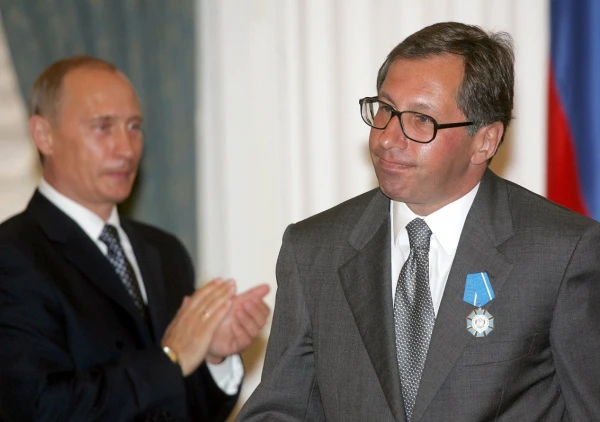
The Advocate General of the EU Court sided with Latvian citizen Petr Aven — he called for the rejection of Latvia's appeals in the cases regarding the lifting of some sanctions from billionaires.
The EU court needs to reject Latvia's appeals in the cases regarding the lifting of some sanctions from billionaires Mikhail Fridman (net worth — $14.9 billion) and Petr Aven (net worth — $4.7 billion) — this opinion was expressed by the EU Court's Advocate General Andrea Biondi in his conclusions on the billionaires' cases. This is stated in the court documents.
It should be noted that the EU Court often relies on the Advocate General's opinion when making a decision, which is issued only after receiving such an opinion.
Fridman and Aven were subjected to personal EU sanctions on February 28, 2022. The publication in the official journal of the European Union regarding the sanctions claimed that Aven "benefited from his connections in power," while Fridman "managed to establish strong ties with Vladimir Putin's administration."
The European General Court ruled in April 2024 to lift the personal EU sanctions against billionaires Mikhail Fridman and Petr Aven: the court found the reasons for including the businessmen on the sanctions list provided by the EU Council to be insufficiently substantiated. The EU Council, according to the court, "did not provide any additional evidence" justifying the businessmen's presence on the sanctions list. The council's arguments do not prove that Fridman and Aven "supported actions or policies undermining or threatening the territorial integrity, sovereignty, and independence of Ukraine" or provided material support to individuals responsible for the annexation of Crimea to Russia and the "destabilization of Ukraine," the statement indicated.
In June 2024, Latvia filed appeals in the EU court regarding the cases of Fridman and Aven, the publication reminds. Estonia and Lithuania joined the case on its side. Latvia believes that the court distorted the evidence presented, failing to consider it in the context of the status of "oligarch," which is sufficient to establish support for the authorities or benefit from them. Advocate General Biondi was not convinced by these arguments.
Biondi believes that the court was right: European authorities did not prove either that Fridman and Aven supported the actions or policies of the Russian authorities regarding Ukraine, nor that the billionaires benefited from decision-makers in Russia. "The rule of law of the EU and the values it embodies <....> cannot change depending on the economic or political significance of the individuals involved or even on what is at stake," the Advocate General wrote in his conclusion.
Biondi suggested that the court reject Latvia's appeals, obligate it to pay the legal costs of Fridman and Aven, and that Estonia and Lithuania bear their own expenses.
If the court heeds the Advocate General, the decision will be binding for all EU authorities. However, it will not affect the EU Council's right to include individuals on the sanctions list, extend the restrictions, or change the criteria and justifications.




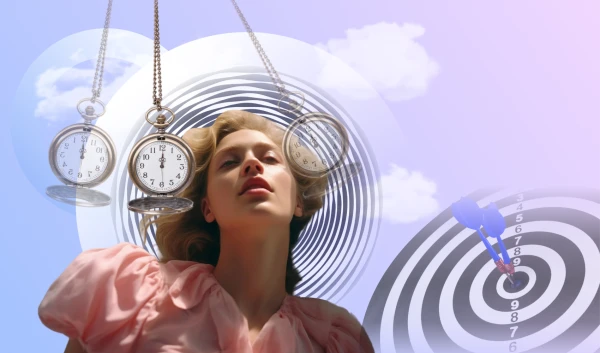
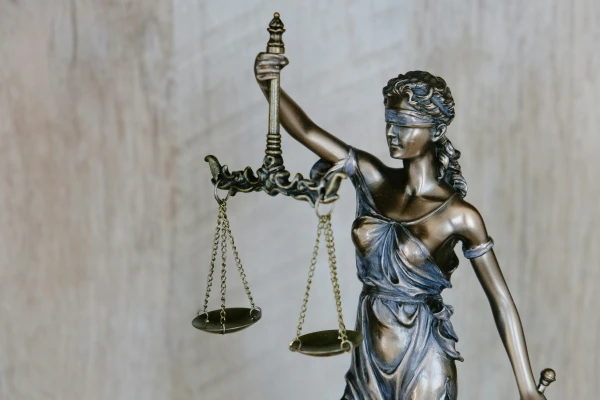
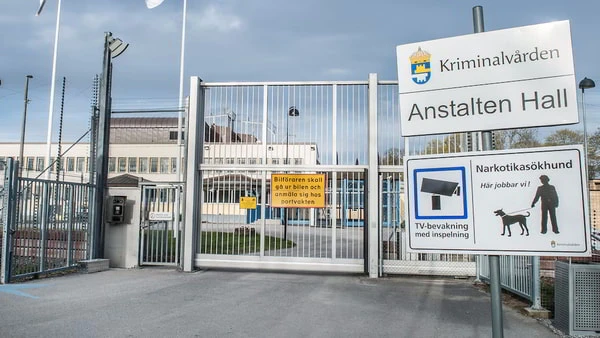
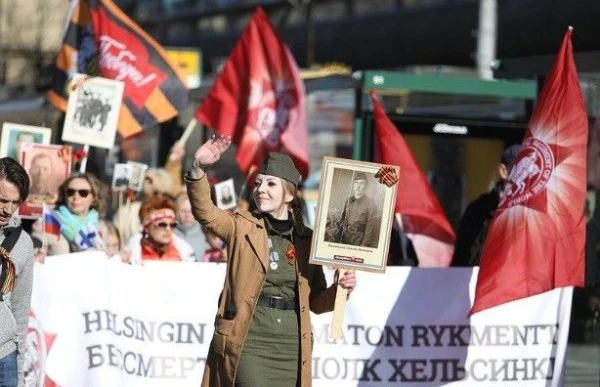
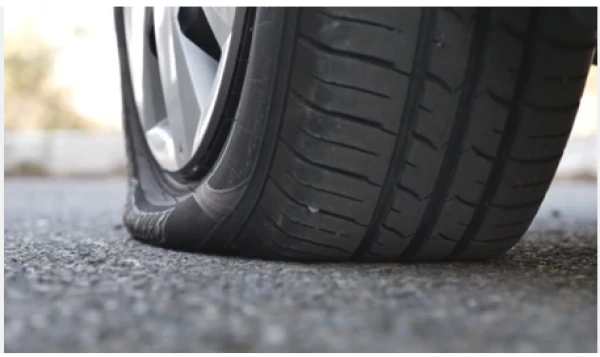
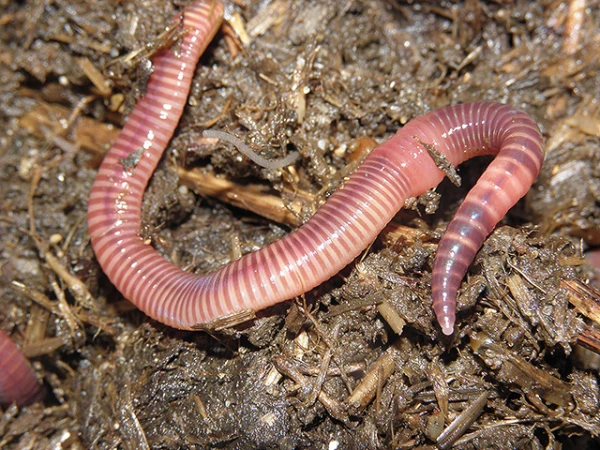


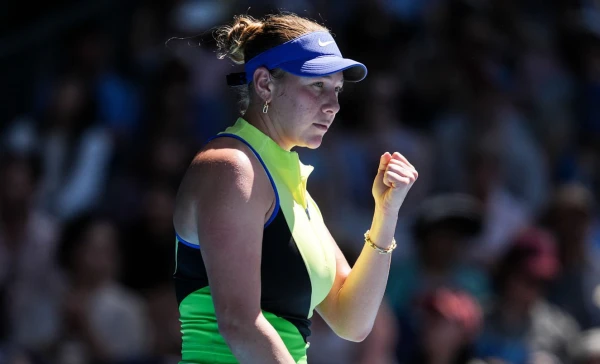


Leave a comment